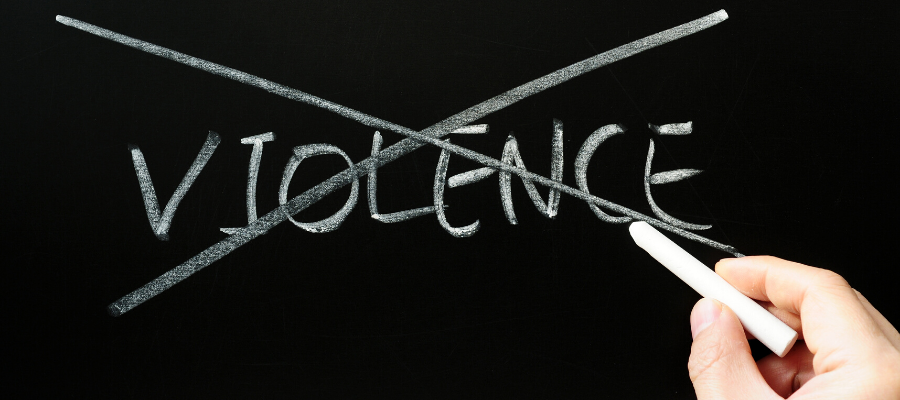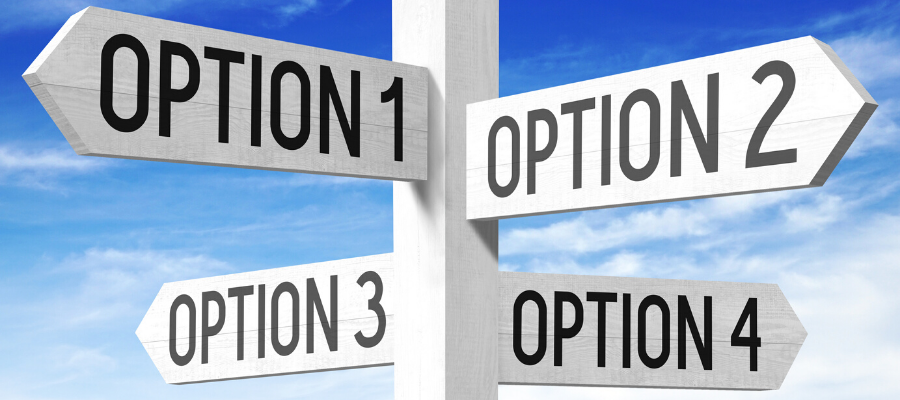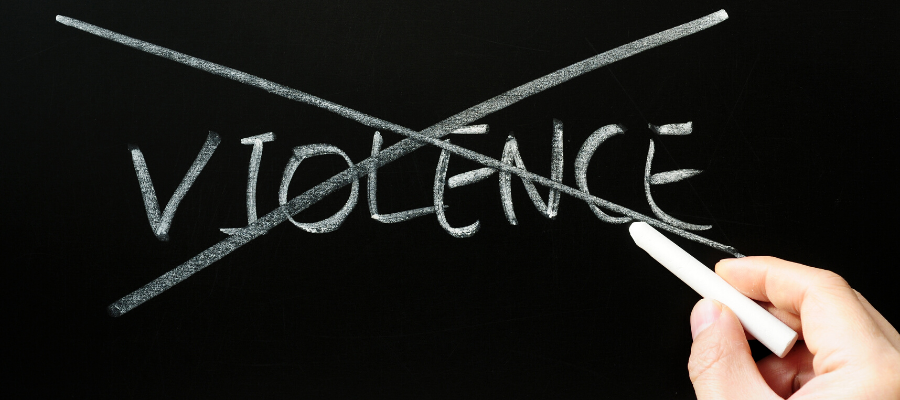The Art of Non-Violence
13
Jan 2018
This week we're asking about the Art of Non-violence. And it is an art -- the trick is knowing when and where it will actually work. After all, it looks like it’s worked just about everywhere it’s been seriously tried: non-violence brought down apartheid in South Africa, Jim Crow in America, and British Colonialism in India. But of course it took violence to defeat the Nazis, to end slavery and to free the colonies from British tyranny. Does that mean non-violence has its limits? Not if you believe that violence just begets more violence. Only non-violence can break the cycle.
Read more[VIDEO] The Slippery Slope
16
Jan 2018
When is the slippery slope argument fallacious and when is it—if ever—compelling? This video from Wireless Philosophy gives a helpful explanation of the slippery slope argument and how to avoid committing a logical fallacy.
Read moreIs there a real you?
26
Jan 2018
Often we are told that spending time alone, meditating, taking the Meyers-Briggs test, or traveling abroad can aid us in our paths to "self-discovery." But to what lengths must any one person go to achieve this—to discover herself? And is there even such a thing as a "self" for one to discover?
Read moreHow to Keep Your 2018 Resolutions
08
Jan 2018
Hint: It's not about willpower.
Read moreThoughts on Retirement
06
Jan 2018
Retirement, as we think of it, goes like this. A person has a right, or maybe a duty, but at least a choice, to retire at a certain age, and between the government, his or her employers, and their own diligence, should have a pension to live on for the rest of their days.
Read moreThe Puzzle of Possibility
10
Jan 2018
Now that we’ve launched into 2018, many of us are wondering what the year ahead has in store. What might happen, to you, your loved ones, the nation or the world as a whole? There seem to be a lot of possibilities, some to be hoped for and others to be feared.
Read moreGender Fluidity & Social Construction
30
Jan 2018
It is popular in certain circles to think of gender as a fluid spectrum: People can fall on many points between "very feminine" and "very masculine," and where they fall can change over time. But perhaps the gender spectrum is more viscose than fluid.
Read moreDo Victims Have Obligations?
18
Jan 2018
While victims may not be responsible for being chosen as the unlucky targets of perpetrators or unfortunate circumstances, once they escape their immediate ordeal, victims play an important role in restoring justice by holding perpetrators to account or informing bystanders and potential victims.
Read moreWhat props up morality?
25
Jan 2018
Is morality like a leaning tower, with virtue increasing as the floors increase? If so, how would the tower be supported, especially considering self-sacrficing altruistic behavior, a type of behavior at the very top?
Read moreFractured Identities
22
Jan 2018
What does it mean to have a fractured identity? And what can we do when our sense of self is fractured? Can we choose from the many parts which aspect to identify with? Is it up to us? Or is identity something foisted upon us by others?
Read moreFanon, Violence, and the Struggle Against Colonialism
29
Jan 2018
Frantz Fanon was quite a provocative fellow. In his most influential work, The Wretched of the Earth, Fanon says that “For the colonized, life can only materialize from the rotting cadaver of the colonist.”
Read moreStranger Feelings
31
Jan 2018
At much insistence from my friends, I’ve started watching the Netflix hit series Stranger Things. One of the great things about the show is that it raises philosophical questions about emotions people experience when taking in frightening fictional events.
Read more









